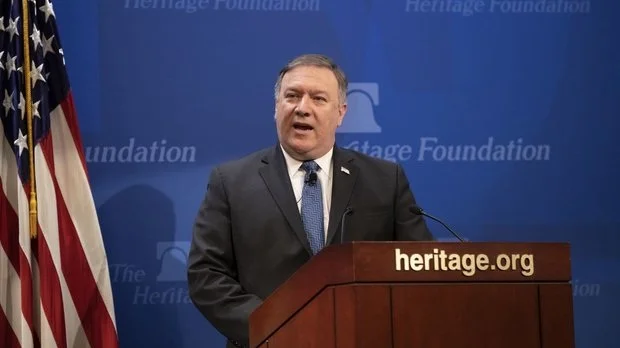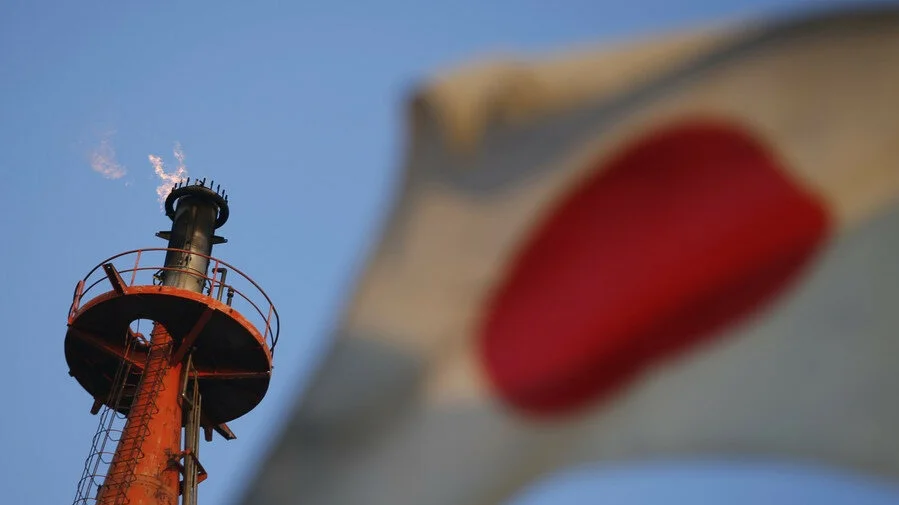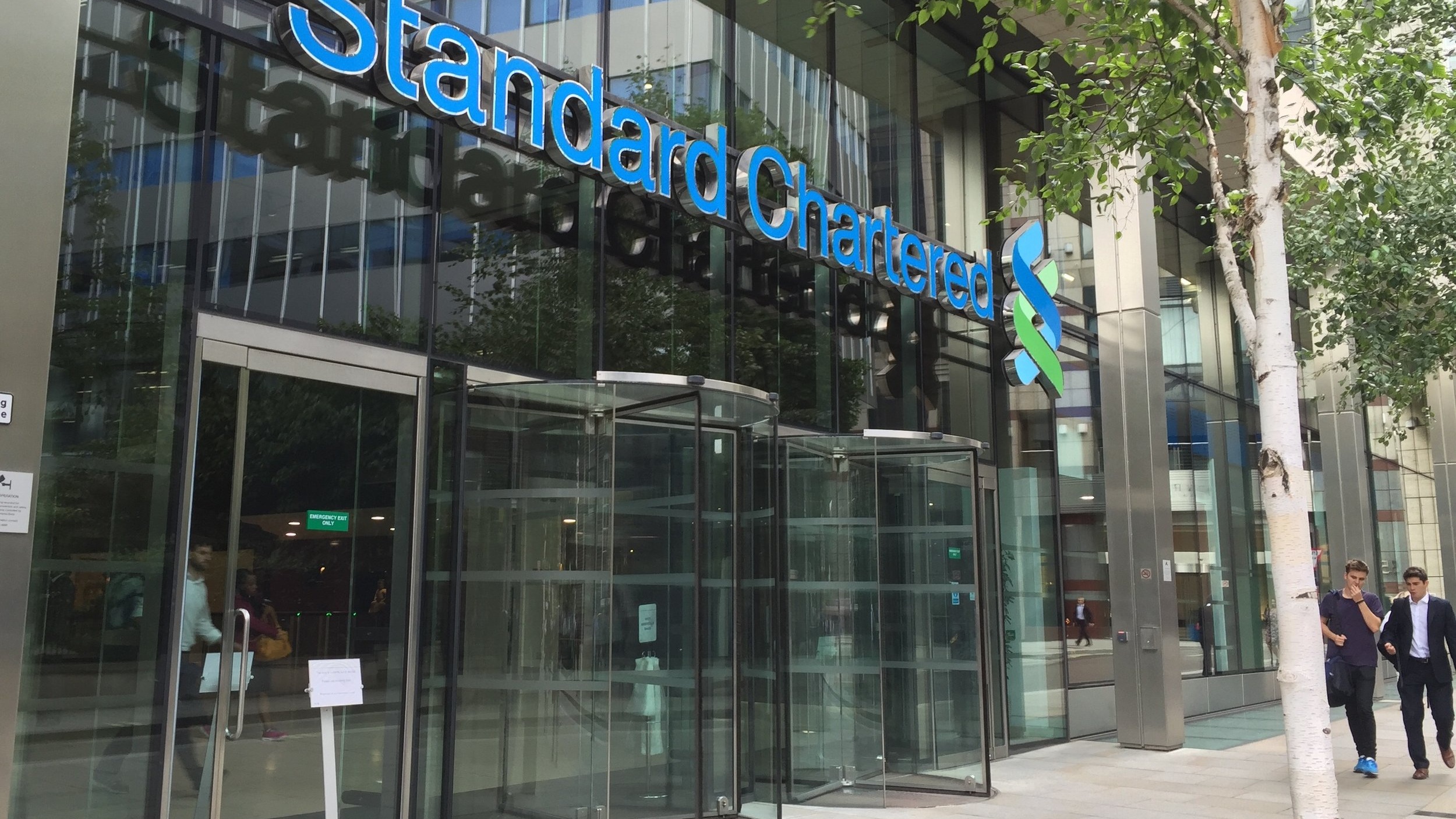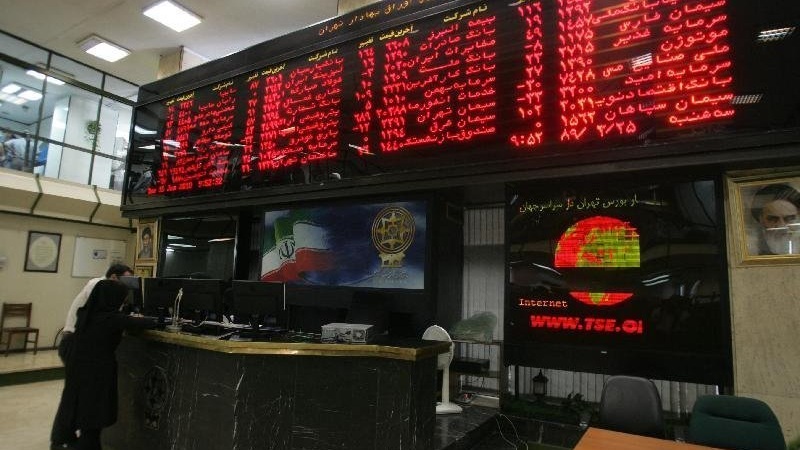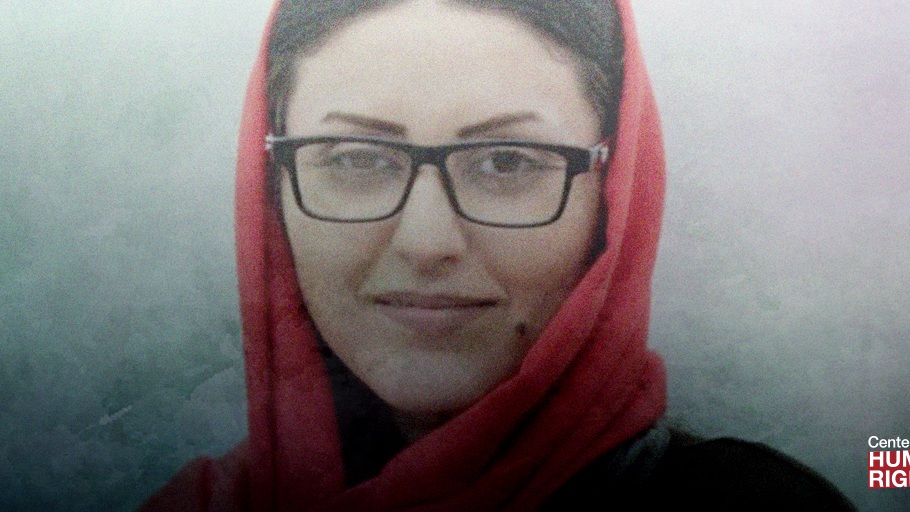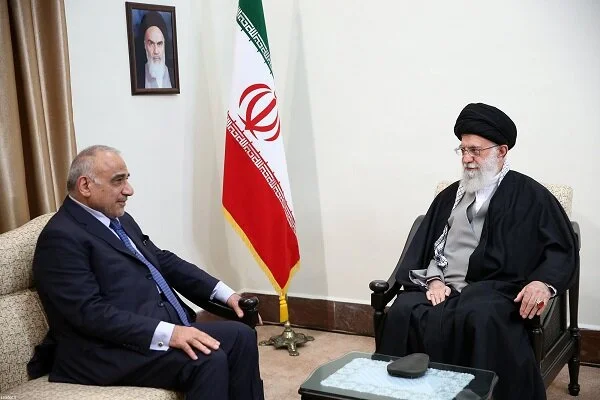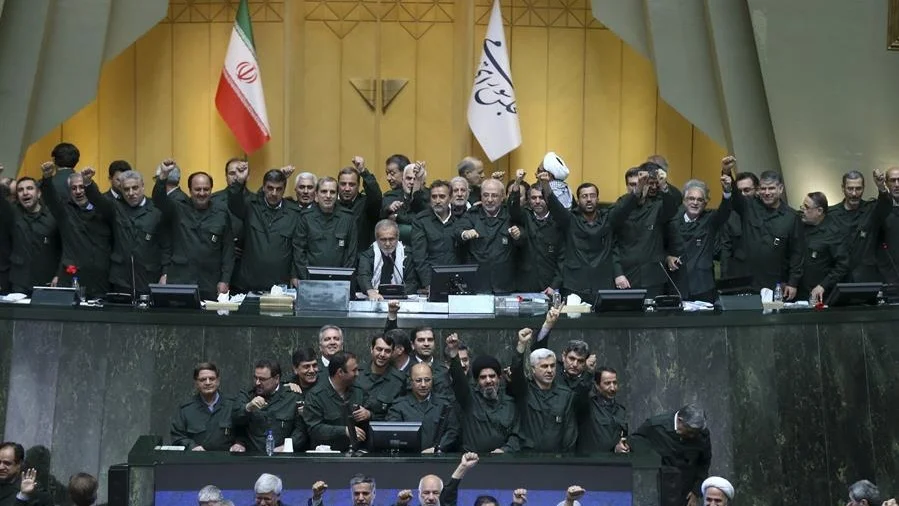Iran Digest Week of April 5-12
/Iran Digest Week of April 5-12
AIC’s Iran digest project covers the latest developments and news stories published in Iranian and international media outlets. This weekly digest is compiled by Research Associate Michel Gomes and Communications Associate Shahab Moghadam. Please note that the news and views expressed in the articles below do not necessarily reflect those of AIC.
US-Iran Relations
Revolutionary Guard Corps: Iran hits back at US terrorist claim
Iran's leaders have responded angrily to US President Donald Trump's designation of its elite Revolutionary Guard Corps (IRGC) as a foreign terrorist organisation.
It is the first time the US has labelled another nation's military in this way.
President Hassan Rouhani said the US was the "leader of world terrorism".
Washington-Tehran tensions have risen since Mr Trump withdrew the US from the international Iran nuclear pact. (BBC)
Fresh U.S. Divide on Iran Emerges Over Expiring Nuclear Waivers
A fresh divide is emerging between some Trump administration officials and hard-line opponents of Iran in the Senate over how far to go in the White House’s “maximum pressure” campaign against the Islamic Republic.
In a letter to President Donald Trump this week, a group of Republican senators demanded that Secretary of State Michael Pompeo stop letting Iran continue its limited civilian nuclear research program. (Bloomberg)
Economy
Japan seeking extension of sanctions waiver to keep buying Iranian oil
Japan is seeking to convince the U.S. government to extend the waivers on Iran oil sanctions, S&P global Platts reported quoting a Japanese government official as saying on Wednesday.
It comes after Japanese refiners have already suspended loadings of Iranian oil ahead of the country's sanctions waiver expiry in early May, the official said.
Earlier on Monday, Japan and U.S. discussed Iran sanctions in which the Japanese plead that that “the U.S. sanctions should not have a harmful effect on Japan's stable energy supply and its corporate activity," the Japanese government official said. (Tehran Times)
Standard Chartered to pay $1bn for breaching Iran sanctions
Standard Chartered bank is being fined $1.1bn (£843m) for violating US sanctions against Iran and over inadequate financial crime controls.
The penalties, imposed in connection with a range of different investigations in the US and the UK, all date back to before 2014.
The London-based banking firm set aside $900m in February in preparation for the settlements.
Standard Chartered has also undertaken to improve its compliance procedures. (BBC)
How Iran’s ‘justice shares’ impede state divestment from the economy
In the 40 years since Iran’s Islamic Revolution, consecutive Iranian governments have pursued social justice as a key policy principle. The distribution of so-called justice shares, beginning almost 12 years ago, is one such example of a populist policy that had been promised to underprivileged Iranians under mass privatization programs. The aim of the justice share program was to distribute stocks of state-owned enterprises that could yield dividends to millions of poverty-stricken families. Although some meager dividends have been paid to justice share owners, those who subscribed to the scheme are not yet the direct shareholders, as initially intended. This is chiefly due to the program’s multiple inherent complexities, including legal, technical and operational impediments. (Al-Monitor)
Iran continues to struggle to keep workers content
The Supreme National Labor Council has finally determined how much the minimum wage should increase for both state and private employees after a long period of squabbling involving the Iranian government, labor advocates, lawmakers and employers. Workers, whose purchasing power has dwindled in the face of a surge in inflation and who have been staging numerous strikes and protests over overdue salaries and other demands, are finding the pay increases to be unimpressive.
In a 10-hour meeting starting March 18 and ending two hours after midnight, the Supreme National Labor Council finally arrived at a decision to raise the minimum wage for non-state employees by 37% to 15.2 million rials ($362) per month for the current Iranian year, which started last week. With additional benefits, the monthly salary of a worker with two children, for instance, will climb by 40% to more than 20 million rials ($476). (Al-Monitor)
Women of Iran
Just Released From Prison, Golrokh Iraee Ebrahimi Faces More Time Behind Bars
Newly released from prison, civil rights activist Golrokh Iraee Ebrahimi may have to serve more time behind bars depending on the outcome of another case against her, the Center for Human Rights in Iran (CHRI) has learned.
Iraee, who had been serving a six-year prison sentence since October 2016 primarily for writing an unpublished story about stoning in Iran, walked out of Evin Prison in Tehran on April 8, 2019, after posting bail set at 60 million tomans ($14,242 USD). (Center for Human Rights in Iran)
Inside Iran
110,000 housing units destructed in 3 flood-affected provinces
Recent severe flooding damaged 110,000 houses in provinces of Lorestan, Golestan and Mazandaran, ISNA reported on Wednesday. Following heavy rainfalls in the country particularly in provinces of Golestan, Mazandaran, Lorestan, and Khuzestan as well as other provinces in western, southwestern, and northeastern Iran severe flood struck many cities and villages.
While some flood-hit provinces are not in a condition to estimate the number of affected houses, currently 110,000 demolished housing units are identified in only 3 provinces.
Some 40,000 of the units are beyond repair requiring renovation and 70,000 must be retrofitted, the report added. (Tehran Times)
Regional Politics
Iran's Supreme Leader Tells Iraq To Push U.S. Troops Out As Soon As Possible
Iran's Supreme Leader Ayatollah Ali Khamenei has warned Iraq about the "detrimental" effects of having U.S. forces on its territory and urged its neighbor to get the troops to leave as soon as possible.
In a series of tweets after meeting with visiting Iraqi Prime Minister Adel Abdul Mahdi in Tehran on April 6, the Iranian leader questioned the motives of the United States, saying it opposes Iraq’s "current democratic setting."
"U.S. military presence in Iraq is detrimental to countries and nations of the region. You should take actions to make the U.S. withdraw its troops from Iraq because wherever they have had enduring presence, forcing them out has become problematic,” he said in the first of five tweets. (Radio Farda)
Analysis
I Know You’re a Terrorist, but What Am I?
By: Borzou Daragahi
The administration of President Donald Trump finally on April 8—countering the advice of the United States’ own military and intelligence mandarins—named Iran’s Islamic Revolutionary Guard Corps (IRGC) a terrorist organization.
As the White House bragged in its statement, it was the first time that an entire branch of another government was named a foreign terrorist organization. Iran’s Supreme National Security Council (SNSC), chaired by President Hassan Rouhani, quickly countered by naming US Central Command (CENTCOM), which oversees American forces in the greater Middle East, a terrorist organization. (The Atlantic Council)


